|
Anybody who has read Days in the Life knows I have a love/hate relationship with academia. As I wrote in that book: “I love its intellectual rigor and depth of research; I hate its politics, egos, and restrictive formal structure. … John Adams (the composer, not the second or sixth US presidents) once described himself as 'a minimalist who is bored with minimalism.' If I may paraphrase his words, I'm an academic who is bored with academia.”
On one hand, my undergraduate study at Butler University was the best four years of my life. I learned so much so quickly, I grew tremendously as a musician and as a person, and I forged lifelong relationships with peers (including my now wife) and faculty. That period is the only time in my life I'd “go back” to, if time travel were possible. But at the same time, anyone with experience in academia can tell horror stories, and I'm no exception. I found out first hand how inane higher education can be when I submitted my master's thesis. It was rejected because my page numbers were 1.5 inches from the top of the page. Apparently that violated the rule that “page numbers must be no less than 1 inch from the top of the page.” When I pointed out that 1.5 is not less than 1, he replied, “well, that's your interpretation.” UNBELIEVABLE! To this day, I can hardly believe that he actually said that! And that's just one example – there are many, many more. At some point I realized that my strength as a musician was as a theorist and educator, not as a composer – as an anlyzer and explainer, rather than a creator. And so I quit the composition doctorate I began at the University of Hartford, downgrading instead to a Graduate Artist Diploma (essentially a second master's). After a few years away from school, I decided to give academia another try by applying for a theory doctorate. I found a professor (who I'll keep anonymous) whose work I respect infinitely, and applied for fall 2014 matriculation to study with him. That prof emailed me on 26 February 2014, saying that to be accepted, “you need more evidence of theory courses such as might be taken during a Master's degree--tonal and atonal analysis, history of theory, pedagogy of theory, and a run of grad history courses. The [music theory] dept recommends an applicant pursue a Masters before applying for the PhD.” Now, of course a doctoral applicant should complete a master's before applying. And yes, of course that applicant should be well-versed in tonal analysis, atonal analysis, history of music theory, pedagogy, and music history. But the fact is that I had not one but TWO master's, and I had already taken four grad-level tonal analysis courses, four grad-level atonal analysis courses, one session of grad-level history of music theory, one grad-level pedagogy class, and six sessions of grad-level music history. It would've been perfectly understandable to decline my application if I had none of the above; but to turn me down when I have the degree in question, and when I've taken all of the courses mentioned (most of them multiple times) is utter absurdity! I will never know the REAL reason why he turned me down. Giving up on academia, I decided to go my own way. In June 2015, I upped my Beatles scholarship to a full-time profession. I've done dozens of lecture tours through the US, England, and Canada, delivered over 500 presentations, visited 37 states, and published six books. I basically did the same style of analysis I would have done had I gone back to school, but presented my findings in much more accessible ways (ie with fewer academic buzzwords and technical jargon). And I loved it. It was a ridiculous amount of work, but it was also a lot of fun. Fast forward to Monday, 14 August 2017. I'm eating breakfast with Beatles author and Monmouth University dean Ken Womack in Chicago following the annual Fest for Beatles Fans. I complained more than a little about how I was struggling to sell books because most potential buyers reward gaudy marketing rather than quality scholarship. I've known that for years, of course, but it always becomes most apparent (and depressing) at large conventions, like The Fest. “I don't understand why you're not pursuing an academic career,” he told me. “Based on your style of work, I'd strongly encourage you to go back to school next fall.” I had considered the notion many times, but always decided against it. At Ken's encouragement, I started researching my options. I knew I didn't want to move across the country yet again, so that limited me to schools in central Indiana. IU was the obvious choice – it's the biggest music school in the country – but I ruled it out after a conversation with their theory department head, who advised me not to study pop music there. That left only one option: Ball State University in Muncie. I set up a phone interview with BSU's department head, Dr. Eleanor Trawick. My first question was whether I should apply for a doctorate or a master's. I half expected her to say master's, since that was the answer I got the last time I applied for a doctorate. But instead she said exactly what I wanted to hear: “Why on earth would you do a third master's?” Since she passed that test, I decided to visit the campus in person. I arranged to sit in on a pop music class taught by Dr. Brett Clement, who has analyzed and written on various rock musicians from Frank Zappa to Yes. Dr. Clement provided me with a copy of the course syllabus, including a large bibliography of books and articles. I had read a few of them, and decided to read more. It took a while to get used to that style of writing, but once I got the hang of it, I found the analysis deeply enlightening. Cautiously optimistic, I went ahead and applied. And yesterday I received an acceptance letter offering a full scholarship with teaching opportunities for both written theory and ear training, plus an annual stipend. I proudly accepted. I will continue my lecture tours through the summer (Indiana through May, Abbey Road on the River over Memorial Day weekend, Michigan in June, New England in July, and the Chicago Beatles Fest in August), then recant my status as a “full-time professional Beatles scholar” on August 20, when classes begin.
1 Comment
I try to keep my blogging professional. These posts are supposed to be about analyzing great music, not about my personal problems. Every once in a while, however, something so extraordinary happens that I feel the need to blog about it – even if it's not musical, and even if it's only to make me feel better. Last week, I experienced such an incident: the second car accident of my life. Now, I'm an extremely safe driver. Some people, including my wife, say I'm overly cautious. When we're travelling together, she's typically behind the wheel because my snail's pace drives her crazy. And yeah, I see her point. But when you drive as much as I do (I drove 24,000 miles in 2016 – and that was just for business), and since accidents are potentially physically and financially devastating, I'm not sure it's possible to be overly cautious when operating a vehicle. There's a scene in Jurassic Park 3 that comes to mind. Amanda Kirby (actress Tea Leoni) discusses their missing son with her ex-husband Paul Kirby (William H. Macy): PAUL: It was just a crazy accident. The exact same thing could have happened if he was with me. You can't go beating yourself up about it. AMANDA: This wouldn't happen if he was with you. I mean, you drive five miles below the speed limit. And that's how I drive! My trusty Nissan versa gets 50mpg when I drive 55mph. So I'll often drive 55mph, even when the limit is 60. If the limit is 70, I might increase to 60, but sometimes I still go 55. Sometimes I've even turned on my hazard blinkers to warn other drivers when that's the case. (The other drivers are usually a lot less grouchy when I have those lights on.) So given my uber-conservative driving style, I wasn't surprised when my first-ever accident happened when a guy backed into me in a parking lot. If you have to be in a car accident, that one to be in. I was on my way out of the lot while he was backing out of a space. Rather than wait for me to pass, he pulled out and his rear left bumper collided with my right rear bumper. He claimed he never saw me, but I suspect he never even looked cuz I was RIGHT THERE. Plus, I was driving my parents' minivan – a vehicle about twice the size of my little versa. How do you miss a minivan that's only a few feet directly behind you? Anyway, we settled the matter privately with him paying for the repairs. Then last Thursday, I was in a very similar – but much more costly - incident. I was driving north on Highway 137 (aka Sheridan Rd), one of the main roads in Beach Park, IL. The guy in front of me, Thomas, missed his turn and so stopped in the middle of the highway. Being behind him, I stopped, too. Then, instead of turning around, Thomas threw his truck in reverse. Seeing the impending accident, I laid into my horn. When he kept coming, I tried to quickly reverse, but I wasn't fast enough and he plowed into the front of my poor versa, totaling the car. When officers arrived and asked for our stories of what happened, Thomas claimed that he had been stationary and I rear-ended him. I'll never know if he sincerely believed that, or if he was just trying to get out of having to pay my repair expenses. Either way, it worked. The officers issued me a $120 citation for “FAILURE TO REDUCE SPEED”, even though I was stationary at the time of impact. I called the insurance company seeking advice and an agent suggested there might be witnesses or security cameras that could have filmed the whole thing. “The police have to pursue that,” she told me. “It's not the responsibility of insurance – we go by whatever's in the police report.” So I walked over to the officer and pointed out that the car dealership across the street had several cameras. Plus, I laid into my horn for several seconds before impact. It's likely that the noise attracted attention, so there might be witnesses. But he refused to look into it. “That,” he told me, obviously annoyed by my suggestion, “is the responsibility of the insurance company – not law enforcement.” He informed me I had six weeks to pay the ticket, then went on his way. Stuck between two authorities' advice, and with nothing to lose, I walked over to the dealership and asked if they had any witnesses or video. “Yeah, I saw the whole thing as it happened,” said one employee. “I don't know what that guy was thinking - he just backed right into you. Let's go check if our cameras caught it.” We walked to the security room, he pulled up the footage, and we watched as I unmistakably came to a complete stop, then Thomas backed into me. It was about as clear as it could be. I made a brief video of the footage, holding my phone up to the monitor. Thank goodness the camera caught it, or I'd be on the hook even though I did nothing wrong! Even my mother, who worked as an insurance adjuster before I was born, admitted, "If I had to surmise what happened without that video, I'd say that you rear-ended him. It's just too unbelievable that someone would back up on a highway like that." And yet that's exactly what happened...
Now I have to submit the footage to the insurance company for subrogation, and to the Lake County Sheriff to contest the ticket. Argh! This is not how I wanted to spend my week. I met Scott Freiman, the man behind Deconstructing The Beatles, at Abbey Road on the River earlier this year. I asked if he would be interested in a blog interview to promote his work, to which he readily agreed. The Beatles are perhaps the most famous and popular rock band ever. Why, in your estimation? The Beatles’ music has become part of popular music’s DNA, much like the American Songbook and composers like Porter and Berlin. The Beatles’ songs were full of joy that preached love over hate. They employed unusual chord changes to keep listeners engaged and production techniques that set the stage for much of the music that followed. They had a lasting influence on songwriting, cinema, fashion, and culture. Why have you chosen to study The Beatles so extensively, as opposed to other artists? The Beatles are the one band that a 5-year old, a 55-year old, and a 95-year old can all listen to and enjoy. I wanted to find out why. Everything I do is an attempt to get closer to their creative process and share that with my audience. I benefit greatly from the vast amount of research that has been done on The Beatles and the large amount of outtakes and bootlegs. This wealth of material does not exist for any other artist. What is your personal background and how did you come to The Beatles, both as a fan and as an analyst? I was first introduced to The Beatles by my hippie uncle when I was eleven years old. I was instantly intrigued by their music. I became an avid fan, reading books on The Beatles and searching out the “official” British LPs rather than their American counterparts. When I became a full time composer and producer, I cracked open some of the more technical Beatles books that I owned and started to reexamine some of their production techniques. I was excited to share what I learned with other musician friends, and Deconstructing The Beatles was born. You call your series “Deconstructing The Beatles”. Why did you choose that title, and what exactly does “deconstructing” mean? I like the idea of taking apart The Beatles music — or “deconstructing” it - to see what makes it tick. How do the melody and harmony function in their music? How are the songs arranged? What influences did their music draw on? What production techniques were used to record the music? When you take apart and examine the elements of a song, I think you gain a greater appreciation for the “whole”. My Deconstructing the Beatles lectures take a look at the Beatles’ creative process by examining the components of their songs and how they worked together. I understand you have recorded several of your presentations, which are now available for purchase. How many different presentations will be released, and what time frame do you expect for those releases? Over the last year, we have released four films — Deconstructing Rubber Soul, Deconstructing Revolver, Deconstructing Sgt. Pepper, and Deconstructing the White Album - all of which are available for purchase at deconstructingthebeatles.com. Right out the gate, we had an enthusiastic audience that allowed me to reach thousands of people who were never able to see one of my live lectures. Last summer, we filmed three more presentations — Deconstructing the Birth of the Beatles, Deconstructing the 1963 Beatles, and Deconstructing Magical Mystery Tour. All three of these new films will be released in 2018. And in 2019, I hope to release several more films, including one on Abbey Road. There must be massive legal complications in recording and re-producing Beatles music. Did you have to get permission from Paul, Ringo, Yoko, and Olivia? Because my lectures and films are educational in nature, we have been able to use the music of The Beatles under Fair Use. We work with the top Fair Use attorneys in the country who approve every frame of film before it is released. We even get their approval for trailers and other marketing material. Do you speak on topics other than The Beatles? In the past, I have taught online courses on a variety of music and technology topics. I have also lectured about film music. But right now, I’m all Beatles, all the time! You're also collaborating with Ken Womack on a graphic novel about The White Album. How did this come about, and what is the goal of the book? Ken is one of the best authors of Beatles books (as well as non-Beatles books) and an all-around great guy. We first started talking about a book on the White Album last year. That evolved into the idea for a graphic novel. We hope that the book will introduce graphic novel lovers to the magic of The Beatles and Beatles lovers to graphic novels. Any plans for more books, Beatles-oriented or otherwise? Believe it or not, all of these Beatles-related activities are just my hobby. I have a “real” job as the CEO of Qwire, a software company that is changing the way music is licensed, composed, and reported for film and television. Nevertheless, I’m squeezing in some time for a few new Beatles ventures. Later this year, I will be releasing an online course entitled Songwriting Secrets of The Beatles through MacProVideo.com. (Your books have been a huge help in preparing the course, by the way!) I have a more advanced Beatles-related songwriting course planned for next year. In addition to those courses, the graphic novel, the new films, and the films planned for 2019 and 2020, I hope to continue to give live presentations around the world. For more information and to buy DVDs or stream Scott’s Deconstructing the Beatles films, visit Scott’s website at www.DeconstrurctingTheBeatles.com.
On Tuesday, September 12, I was lucky enough to participate in a Beatles walking tour of Toronto, led by Piers Hemmingsen, author of The Beatles in Canada. We started at Maple Leaf Gardens, an ice hockey arena which holds the record for most Beatles performances in North America, with six (two each year from 1964-66). Then: And now: In the mid-Sixties, the Gardens was the home for the NHL hockey team the Toronto Maple Leafs (who, I found out, won the Stanley Cup in 1967 - the same year Sgt. Pepper was released). Now the area is owned by Ryerson University, and the Maple Leafs play at the Air Canada Centre. When The Beatles played here, the stage was set up at the north end of the stadium (the side pictured below). Again, then: And now:  You might notice a difference between those shots: The 1965 photo has seats behind the band; the 2017 shot does not. That's because MLG was renovated some years back and the ice lifted about 30 feet. That necessitated the removal of several hundred seats, including those at the north end of the arena. The reason the band performed at this end of the stadium was because they entered through the back door. Piers explained how, in an effort to decoy fans, a limousine with fake Beatles was sent to the front (south) entrance while the real Beatles were escorted via a paddy wagon to the back (north) gate. It worked, but only partially. Many fans recognized and/or anticipated the deception and so congregated at the rear door. While MLG has to be the most important Toronto location in Beatles history, Piers also led me to the hotel where The Beatles stayed during their visits. The band stayed on the top floor. In the photo below, they had the windows on the far left side. We also walked past Massey Hall. Though The Beatles never played there (but Ringo did in 2016), Piers described it as "the Carnegie Hall of Toronto." The tour concluded at Nathan Phillips Square, where 35,000 fans gathered on 10 December 1980 to commemorate John Lennon's murder the day before, despite bitter temperatures. The tour was a lot of fun, and I highly recommend this enlightening excursion to any Beatles fan. Piers will be doing another tour on September 28 - two weeks from today. Check out the Heritage Toronto website for registration details. He also does a John Lennon walking tour on December 8.
Later that evening, I met up with Piers again at the Milton, ON public library for a joint presentation of The Beatles: Band of the Sixties. He spoke on the band's touring years (1960-66), while I presented on the band's studio years (1967-70). Meanwhile, I'm speaking tonight in Port Colburne and tomorrow in Strathroy: Thursday, 14 September 2017, 6:00-7:30 p.m. Port Colborne Public Library, 310 King St, Port Colborne, ON, Canada Before They Were Fab: The Beatles Prior to Beatlemania Before the number one records and the deafening screams, before Ed Sullivan and “She loves you, yeah, yeah, yeah”, before the shaggy “mop top” haircuts and collarless suits, there were six future Beatles. This 90-minute multimedia presentation will trace the early history of The Beatles from John Lennon's founding of The Quarrymen in 1957, through their five seminal Hamburg residencies, and right up to the precipice of worldwide fame and fortune. Friday, 15 September 2017, 7:00-8:00 p.m. Strathroy & Area Seniors Centre, 137 Frank St, Strathroy, ON, Canada The Beatles: Band of the Sixties Explore the music of The Beatles in this 60-minute multimedia presentation (part history and part musical analysis) spanning the full 1960's: beginning with the band's seminal visits to Hamburg, continuing through Beatlemania, and concluding with Abbey Road. The program will be supplemented with audio clips of music and excerpts from interviews with the band members. I had a rare off-day on Monday, so I did what I usually do when not studying Beatles music: I watched baseball. Being in southern Ontario, I made a point of attending a Toronto Blue Jays game, making The Rogers Centre my 10th MLB stadium. And since the Blue Jays aren't exactly competitive this year, tickets were very reasonably priced: I found seats just behind home plate for less than $20 US! Despite a lost season, Toronto defeated the Baltimore Orioles 4-3. The game featured a couple of unusual plays in the bottom of the 2nd inning. First, Teoscar Hernandez, the Jays' right fielder, led off by hitting a ball down the right field line. Mark Trumbo, the Orioles' right fielder, lost the ball in the lights and it went over his head. Trumbo chased after the ball as it bounced towards the stands, but when he reached the ball, he inadvertently dropped it into the stands resulting in a ground rule double. Watch the play here. Two batters latter, Darwin Barney launched a ball to center. He appeared to stop at second base, only to take third when Adam Jones, Baltimore's center fielder, bobbled the ball. But Barney slide too soon into third base - and stopped short of the bag. So he did his best Michael Phelps impression as he "swam" the rest of the way to the bag. Watch the play here. No matter how much baseball you've seen, there's ALWAYS something you haven't seen before - and this game had two such instances in the same inning! I also had a chance to walk around the stadium and visit the team gift shop. I found this t-shirt celebrating relief pitcher Roberto Osuna particularly amusing: 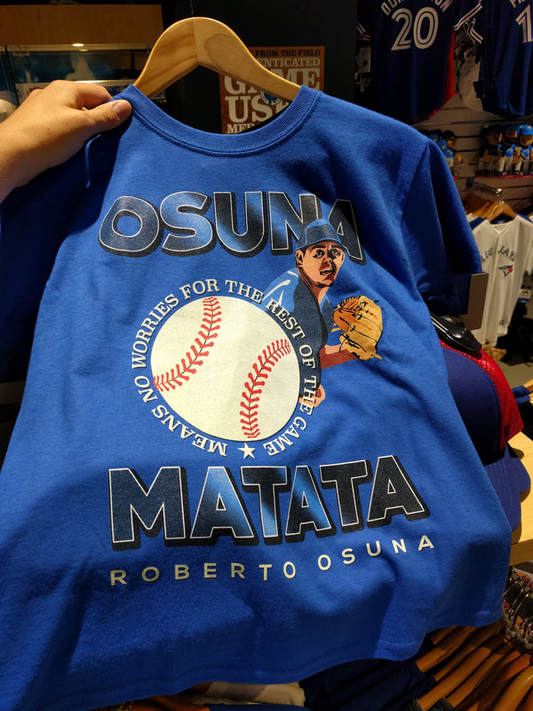 They had dozens of game-used baseballs, bats, scorecards, bases, and uniforms on display, with most of it available for purchase. Perhaps my favorite bit of memorabilia was Roberto Alamar's 1994 Gold Glove award. I had never seen one up close before. My time in Toronto wasn't over yet. The next morning I took a Beatles walking tour of the city led by Piers Hemmingsen, author of The Beatles in Canada. But I'll blog about that tomorrow.
Meanwhile, I head towards Niagara Falls today for not one but two more renditions of Band of the Sixties: Wednesday, 13 September 2017, 1:00-2:00 p.m. Fort Erie Public Library: Centennial Branch, 136 Gilmore Rd, Fort Erie, ON, Canada The Beatles: Band of the Sixties Wednesday, 13 September 2017, 7:00-8:00 p.m. Pelham Public Library: Fonthill Branch, 43 Pelham Town Sq, Fonthill, ON, Canada The Beatles: Band of the Sixties I'm pleased and proud to announce the launch of Flip Side Beatles 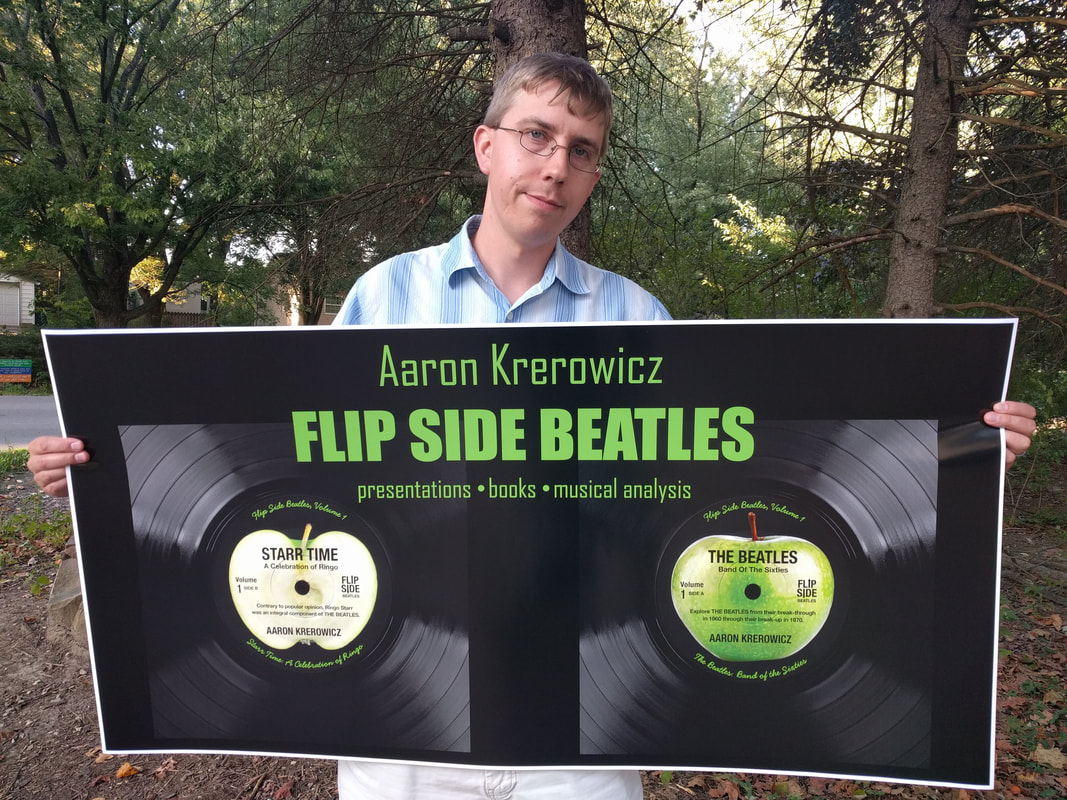 I have considered writing transcripts of my live presentations for years, and Flip Side is exactly that. The "A Side" is The Beatles: Band of the Sixties; then, just like a vinyl record, you flip the book over and the "B Side" is Starr Time: A Celebration of Ringo. To supplement the book release, I've done a few new BEATLES MINUTES. The first considers Pete Best's drumming on 'Love Me Do'; the second compares Ringo Starr's singing of 'Honey Don't' with John Lennon's. Flip Side Beatles, Volume 1 can be purchased on www.Amazon.com or in person after my presentations. Meanwhile, I launch another lecture tour today that will take me through Michigan, Ontario, and Indiana:
I had an off-day last Friday and so spent the afternoon with my wonderful publicist, Nicole Michael, and her husband, Jacob. From Christmas last year, Nicole and Jacob gave me a copy of Hark!, the Beatles-themed holiday album by The Fab Four. I had ideas for a gift, as well. I've blogged before about my drawings, and Nicole is a big Ringo fan, so I wanted to do a drawing of a drum set. The problem is drum sets are REALLY HARD to draw - especially only using music notes, like I do! So I never did make a decent drum set drawing... I did, however, find a more suitable replacement: Yellow Submarine. And so, almost six months after the holiday, I finally delivered Nicole's Christmas gift. My last Michigan stop (at least until September) will be tonight in Mattawan; tomorrow I return home to Indiana to speak in Westfield.
Monday, 12 June 2017, 6:30-8:00 p.m. Antwerp Sunshine Library, 24823 Front St, Mattawan, MI The Beatles' Alter Ego, Sgt. Pepper's Lonely Hearts Club Band Since its release in 1967, the Beatles' Sgt. Pepper's Lonely Hearts Club Band has often been regarded as the single greatest rock album ever made, and one of the first rock concept albums. This 90-minute multimedia presentation observes and discusses the landmark album track by track, citing musical and historical precedents, and illustrating the development of the songs through excerpts from interviews with the band members and clips of discarded takes. Tuesday, 13 June 2017, 6:30-7:30 p.m. Westfield Washington Public Library, 333 W Hoover St, Westfield, IN The Beatles: Band of the Sixties Explore the music of The Beatles in this 60-minute multimedia presentation (part history and part musical analysis) spanning the full 1960's: beginning with the band's seminal visits to Hamburg, continuing through Beatlemania, and concluding with Abbey Road. The program will be supplemented with audio clips of music and excerpts from interviews with the band members. In addition to being a huge Beatles fan, I'm also a huge baseball fan. So I made a point of attending a Tigers game the other day... ...and adding a Tigers cap to my MLB collection, which now stands at 27 of the 30 teams (I'm missing only the Seattle Mariners, Houston Astros, and New York Yankees - but who would ever want a Yankees cap?). I also inadvertently encountered what has to be Detroit's most famous road - and probably the second-most-famous road in pop music (behind Abbey, of course): And just to counter-balance the pop music reference with a classical music reference, here's a license plate I spotted in Warren, MI on Tuesday: Back to the pop music world, I deliver my JFK/Beatles program this afternoon in western Michigan:
Saturday, 10 June 2017, 2:00-3:00 p.m. Bloomingdale Communicaitons, 101 W. Kalamazoo St, Bloomingdale, MI From the Shadow of JFK: The Rise of Beatlemania in America Many Beatles authors have cited John F. Kennedy's assassination on 22 November 1963 as a cause of the Beatles' sudden popularity in the United States in early 1964. Their logic: Kennedy's assassination made America sad, then the Beatles made America happy again. But this commonly accepted answer is overly simplistic. The real answer is that Kennedy's life and death inadvertently primed the nation for the Beatles' arrival and success. This multimedia program will explain how and why. BEATLES MINUTE Page Updated, & "The Beatles' Alter Ego, Sgt. Pepper" at the Arthur J. Miller Library6/6/2017 I have finally updated my BEATLES MINUTE webpage to include the updates from the past several months. The full 43-part series can now be viewed by clicking here. With a couple of lite weeks at the end of this month, I'm planning to produce a few more BEATLES MINUTES:
And I'm open to suggestions for additional topics :-) This evening I drive to Warren, Michigan to celebrate the 50th anniversary of Sgt. Pepper:
Tuesday, 6 June 2017, 6:00-7:30 p.m. Arthur J Miller Public Library, 5460 Arden Ave, Warren, MI The Beatles' Alter Ego, Sgt. Pepper's Lonely Hearts Club Band Since its release in 1967, the Beatles' Sgt. Pepper's Lonely Hearts Club Band has often been regarded as the single greatest rock album ever made, and one of the first rock concept albums. This 90-minute multimedia presentation observes and discusses the landmark album track by track, citing musical and historical precedents, and illustrating the development of the songs through excerpts from interviews with the band members and clips of discarded takes. And tomorrow I head north to Lexington: Wednesday, 7 June 2017, 6:30-7:30 p.m. Lexington Moore Public Library, 7239 Huron Ave, Lexington, MI The Beatles: Band of the Sixties Explore the music of The Beatles in this 60-minute multimedia presentation (part history and part musical analysis) spanning the full 1960's: beginning with the band's seminal visits to Hamburg, continuing through Beatlemania, and concluding with Abbey Road. The program will be supplemented with audio clips of music and excerpts from interviews with the band members. Over the last four days, the University of Michigan at Ann Arbor School of Music hosted a conference celebrating the 50th anniversary of Sgt. Pepper's Lonely Hearts Club Band. Dozens of presenters analyzed seemingly every aspect of the album from a consideration of Indian musical techniques in 'Within You Without You' and the influence of British music hall on Pepper to the BBC banning 'A Day in the Life' and the influence of Pepper on Tears for Fears and Billy Joel. It was a fascinating weekend, and I've included summaries of a handful of highlights below (and this is just 11 of the 34 presentations): Gordon Thompson, professor of music at Skidmore College in Saratoga Springs, NY, spoke on the lyrics "I'd love to turn you on" that resulted in the BBC banning 'A Day in the Life'. His research produced several internal memos from BBC associates that detail in considerable depth the reasoning behind the ban, which I had never seen before. He also suggested that one reason the song was banned was a power struggle: The BBC wanted to show The Beatles that they had authority over the band, so the banning was less about the actual lyrical content and more about "taking down a big band". This reminds me of Normal Pilcher of the London Drug Squad and how he wanted to bust The Rolling Stones and The Beatles more for his own ego than anything else. Billy Harrington, a former UMich student, illustrated several of Ringo's drumming techniques including his melodic fills on 'With A Little Help From My Friends', 'Lovely Rita', and 'A Day in the Life' as well as his unique hi-hat skills on 'Getting Better', 'Fixing A Hole', 'Being for the Benefit of Mr, Kite!', and 'Good Morning Good Morning'. He also demonstrated why Ringo's left-handedness created problems for his style of fills and how it yielded a unique stylistic solution. Mark Spicer, Professor of Music at HUNTER (not Huntington) College of the City University of New York, delivered a fascinating program on how The Beatles inspired Tears for Fears' 'Sowing the Seeds of Love' (1989). He illustrated how the verse vamp is strikingly similar to 'I Am The Walrus', how the chorus is based on 'Hello Goodbye', how the trumpet solo recalls 'Penny Lane', and how the counter-melody of verse 3 self-references Tears for Fears' own 'Shout' just as 'All You Need Is Love' self-referenced The Beatles' own 'She Loves You'. I know next to nothing about Tears for Fears, but I look forward to exploring their catalog. Similarly, Joshua Duchan, professor of music at Wayne State University here in Michigan, presented on the influence of Sgt. Pepper on Billy Joel's 1982 album The Nylon Curtain. They are both concept albums: Pepper is a fake live performance by a fake band, and Nylon addresses "the disintegration of the American dream". They both feature narratives of escapism: Pepper's band is a disguise for The Beatles, and Joel's opening track 'Allentown' includes the lyrics "it's getting very hard to stay". And both albums reprise their opening tracks. I know about as much about Billy Joel as I do about Tears for Fears, which is to say little more than nothing (the only reason I know Billy Joel at all is because Weird Al Yankovic parodied 'Piano Man' to create 'Spiderman'), but I immediately purchased The Nylon Curtain and listened to the entire album while jogging this morning. I'll be listening to The Nylon Curtain a lot more! One of the standout presentations of the weekend was Somangshu Mukherji, professor of music theory at UMich, who spoke on Indian song forms and how George Harrison blended eastern and western musical structures in 'Within You Without You'. He commented on how Indian song forms follow four-square phrase patterns (4 measures of 4/4 time for a total of 16-beat phrases). I found that ironic since much Indian music also plays with constantly changing meters. Anyway, Harrison did NOT use four-square phrasing, instead alternating 16- and 8-bar phrases in each verse. This yields a 24-measure verse, which is not a multiple of 16. He also pointed out that Indian forms typically implement an "orchestrational crescendo" in which the intensity builds slowly until it ends in an exciting climax. Harrison, however, chose instead to bring back the beginning material in sort of "recapitulation", which is a practice more common in western musical styles. Mukherji's lecture was followed by a spectacular demonstration in which an ensemble (tabla, bass guitar, soprano saxophone, autoharp, vocals, electric guitar, and sarangi) reinterpreted 'Within You Without You' to conform more to traditional Indian structures - they extended Harrison' 24-bar verses into 32 bars (which is a multiple of 16), and concluded with an intense and vituosic finale instead of the comparatively calm recap heard on the album. Part of what made the performance so compelling was that the performers had an absolute mastery of their instruments. All in all, it was perhaps the most informative and impressive session of the entire conference. Walter Everett, our host for the weekend and undoubtedly America's leading Beatles scholar, spoke on the step-by-step recording process of 'A Day in the Life'. He played a particularly noteworthy passage from take 6 - before the orchestral sound masses were added - in which Paul played a rapid descending tremolo glissando on his bass guitar, which the orchestral segue would eventually replace. It immediately reminded me of a similar technique Paul employed in the finished recording of 'I Want You (She's So Heavy)' at 2:03, 2:15, 4:43, and 4:55. Back in 2014, Ken Womack hosted a 50th anniversary celebration of The Beatles' debut on The Ed Sullivan Show at the University of Pennsylvania-Altoona. One of the standouts at that conference was Drew Nobile, who presented on modulation by whole tone in Beatles music. Based on the quality of that paper, I fully expected his follow-up at this conference to be equally authoritative and enlightening. Indeed, he didn't disappoint. Drew spoke about The Beatles' approach to verse-chorus form and how "The Beatles' narrative paradigm is one of opposition, not hierarchy" as opposed to the "narrative paradigms in post-1970 verse-chorus forms" in which the "chorus is superior to the verse". It's a fascinating premise and indeed many Beatles songs conform to that pattern, including 'Penny Lane' and 'Lucy in the Sky With Diamonds'. I also met Aviv Kammay in Altoona back in 2014, who coincidentally lives in Madison, Wisconsin, where my brother resides and where I visit regularly. Aviv showed how The Beatles often "defused, deflated, and diluted" some of their more serious artistic statements in an effort to "connect with their humble Liverpudlian roots". He defined "defusal" as "preemptively placing content within a light/nonsensical framework" and cited Lennon's silly spoken introductions to the official recordings of 'It's All Too Much', 'Let It Be' and 'Two Of Us' as examples, as well as a Paul's famous "Sophie Tucker" spoken intro to a live performance of 'Till There Was You'. He then defined "deflation" as "concluding with a gesture that undermines a potential serious statement" and cited 'Her Majesty', the Sgt. Pepper run-out groove, the laughter at the end of 'Within You Without You', and the coda of 'Strawberry Fields Forever' as examples. Finally, he defined "dilution" as "inserting elements that disrupt the artistic register of the content" and cited the fake Spanish words in 'Sun King', the school yard sexual slang "finger pie" reference in 'Penny Lane' as examples. Not only was this notion illuminating, it was also hilarious to see/hear all these examples in context. Another highlight of the conference (and another acquaintance whom I first met at the Altoona conference) was Kit O'Toole, who spoke quite eloquently about a topic that was anything but eloquent: British music hall and its influence on Sgt. Pepper. Music hall is working class entertainment and consequently often mocks authority, features bawdy and crude content and humor, and encourages audience participation. Kit pointed out that Ringo's alter ego, Billy Shears, functions as a music hall performer, likely modeled after Wilkie Bard's 'Let Me Sing'. Indeed, a side-by-side comparison of the lyrics is quite revealing: 'Let Me Sing' Let me sing for I'm bursting to give you a song. Let me sing and forgive me if I should go wrong. Let me sing and you'll make me as proud as a king. Do whatever you like with me after but let me sing. 'With A Little Help From My Friends' What would you think if I sang out of tune? Would you stand up and walk out on my? Lend me your ears and I'll sing you a song And I'll try not to sing out of key. 'Friends' also employs a call-and-response style that I've always attributed to Gospel influence on The Beatles (as in 'Tell Me Why'). But Kit showed that it's more likely the influence of music hall, which typically promotes audience participation. She played Florrie Forde's 'Down at the Old Bull and Bush' as an example. Kit then illustrated how 'Lovely Rita' also employs music hall traits in the sexually suggestive humor, the knocking down of authority, and its escapism from the mundane. I found her talk to be particularly illuminating and erudite, plus exceptionally well-delivered and engaging. My good friend and collaborator David Thurmaier spoke on the "integration of classical and rock instrument on Sgt. Pepper". He opened with a clip (starting about 4:30) from this fascinating YouTube video of Leonard Bernstein critiquing rock music... ... and then argued that early Beatles uses of classical instrumentation were separated from the band - such as the flute on 'You've Got To Hide Your Love Away', the horn on 'For No One', and the trumpet on 'Penny Lane' - but starting with 'Strawberry Fields Forever' and continuing on Pepper those classical instrument played a more integral role by carrying more musical weight. As Dave put it, "outside musicians became members of the band." The second verse of 'Strawberry', for example, employs only the trumpets and cellos (and backwards cymbals) - there is no guitars, bass, or drum set. Dave is co-host of I've Got a Beatles Podcast!, and during the conference he invited Kit O'Toole, Aviv Kammay, Katie Kapurch, and myself to a discussion of Pepper and the conference. That conversation can be heard here. The conference concluded yesterday with Ken Womack speaking on George Martin's life leading up to his meeting with The Beatles in 1962. Ken is the author of a two-part biography of Martin to be released this year and next. He's an extremely engaging speaker and a hugely prolific author, and I can't wait to get my hands on his new book! Since that 2014 Altoona conference, Ken moved to New Jersey, where he is now Dean of the McMurry School of Humanities and Social Sciences at Monmouth University. Ken and I will be co-presenting on Martin at the Monmouth library next month: Thursday, 13 July 2017, 6:30-8:00 p.m. Monmouth County Library , 125 Symmes Dr, Manalapan, NJ With a Little Help from Their Friend: A Celebration of the Life and Work of Beatles Producer George Martin One under-appreciated aspect of The Beatles' iconic music was their producer, George Martin, who took the raw, intuitive songs of John Lennon, Paul McCartney, and George Harrison and helped turn them into extraordinary recordings. This 90-minute multimedia presentation will take two parts: first, an examination of Martin's background and what lead him to The Beatles; second, an analysis of how Martin contributed to the band's legendary songs. Ken will also be hosting a conference on The White Album titled "Producing an Enigma for the Ages" in November 2018. I look forward to an equally enlightening conference next year. While most of my conference colleagues have already departed Ann Arbor, I won't leave until tomorrow, as I have a program at the Ann Arbor library this evening:
Monday, 5 June 2017, 7:00-8:00 p.m. Ann Arbor District Library, 343 South Fifth Ave, Ann Arbor, MI They're Gonna Put Me In The Movies: The Beatles on Film In addition to achieving tremendous success with their records, The Beatles also achieved great success with their movies – and the band's history can be understood quite clearly through the progression of their films. This 60-minute multimedia program will discuss A Hard Day's Night (1964), Help! (1965), Magical Mystery Tour (1967), Yellow Submarine (1968), and Let it Be (1970) with the purpose of tracing the band's artistic evolution through observation and analysis of their films. |
Beatles BlogThis blog is a workshop for developing my analyses of The Beatles' music. Categories
All
Archives
May 2019
|
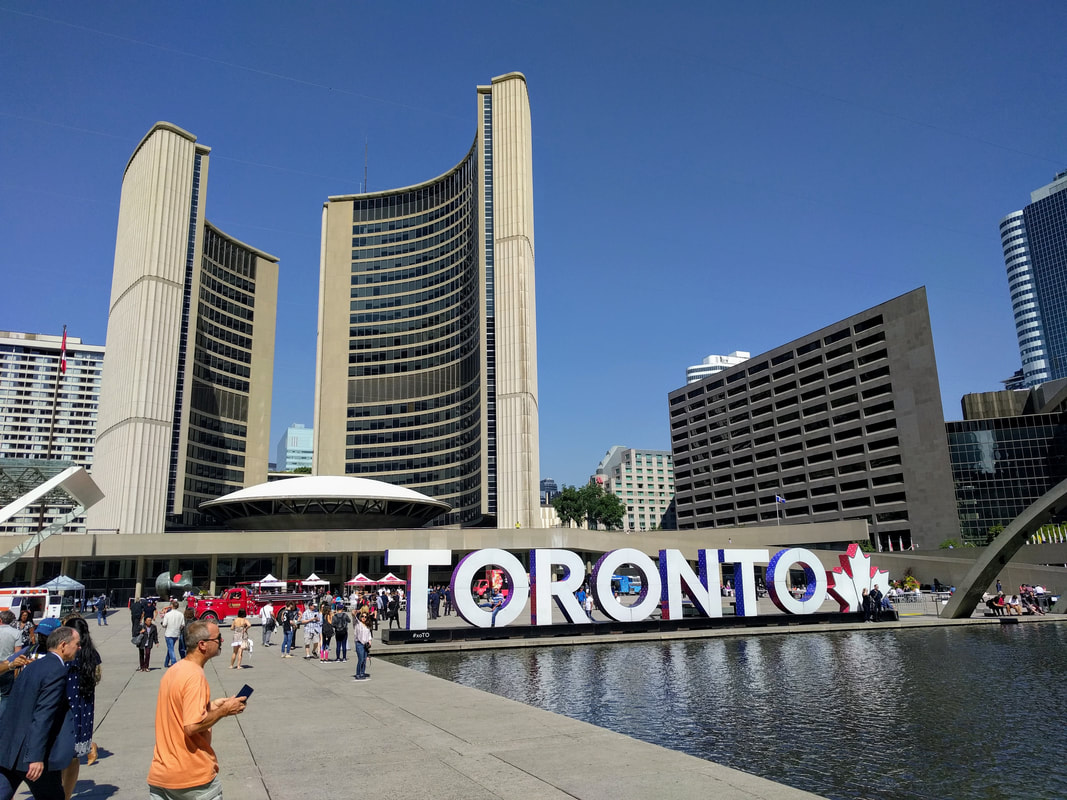
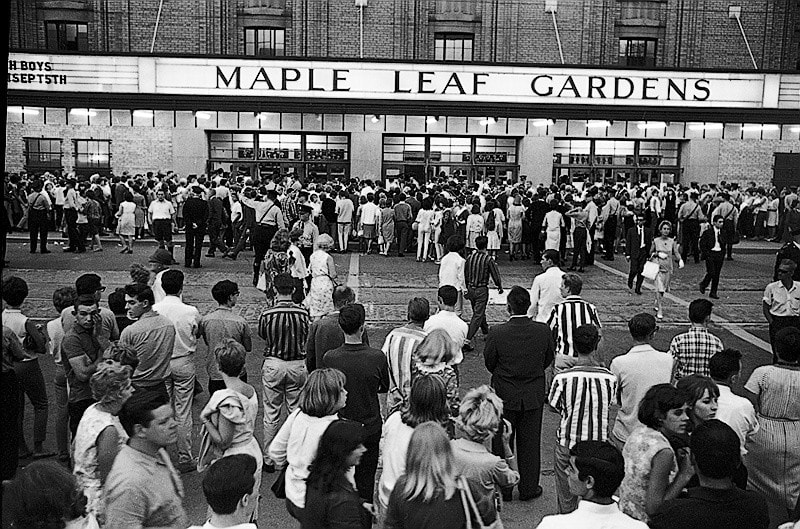
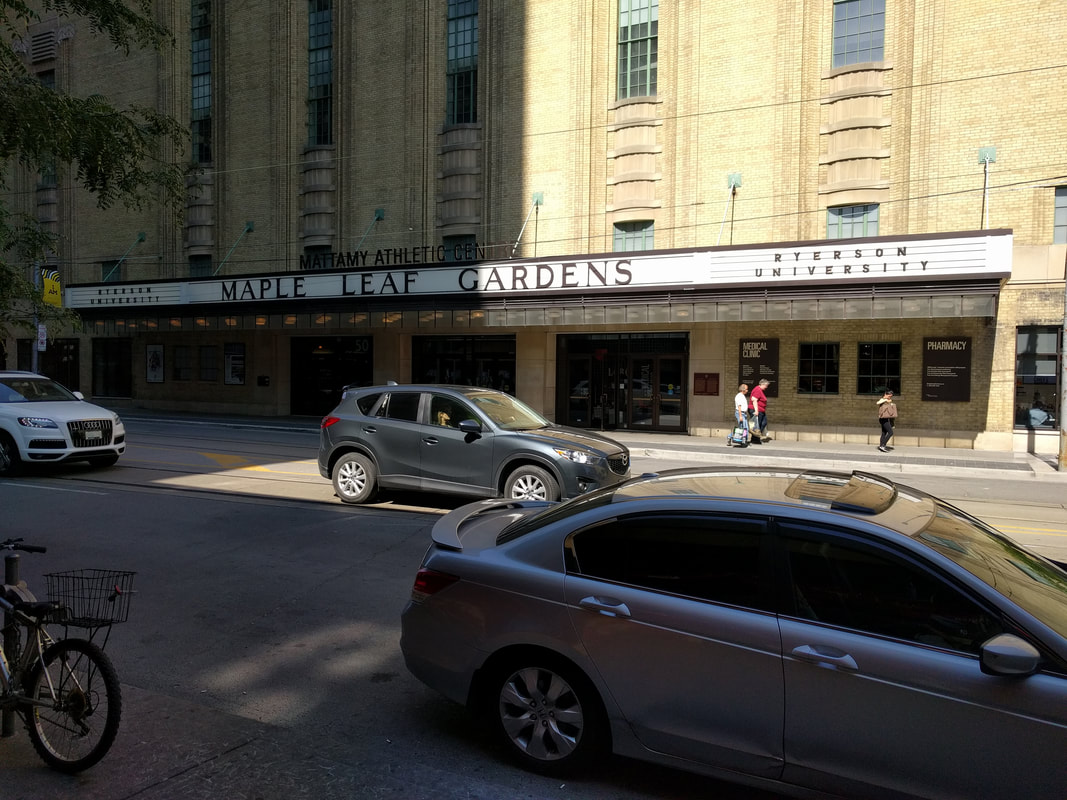
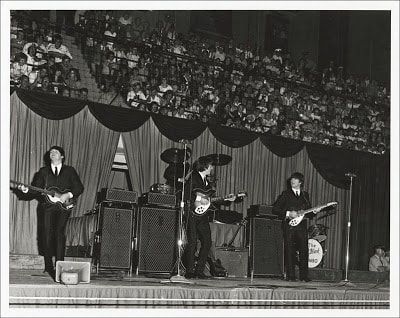
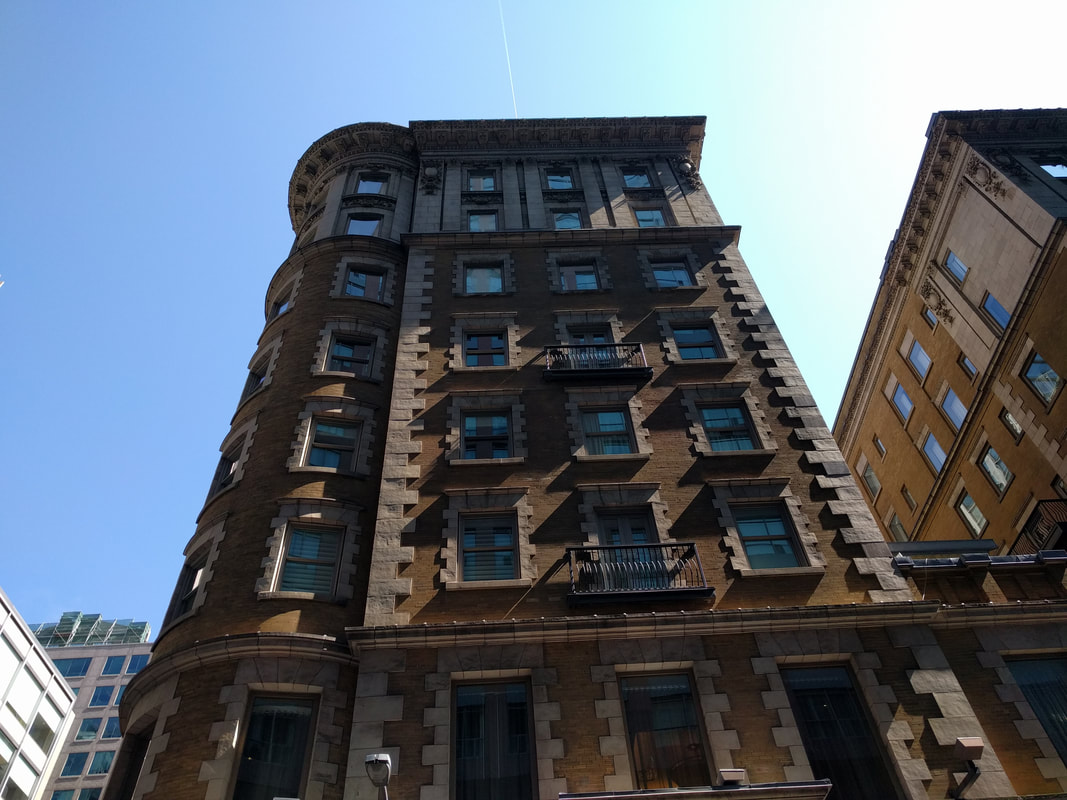
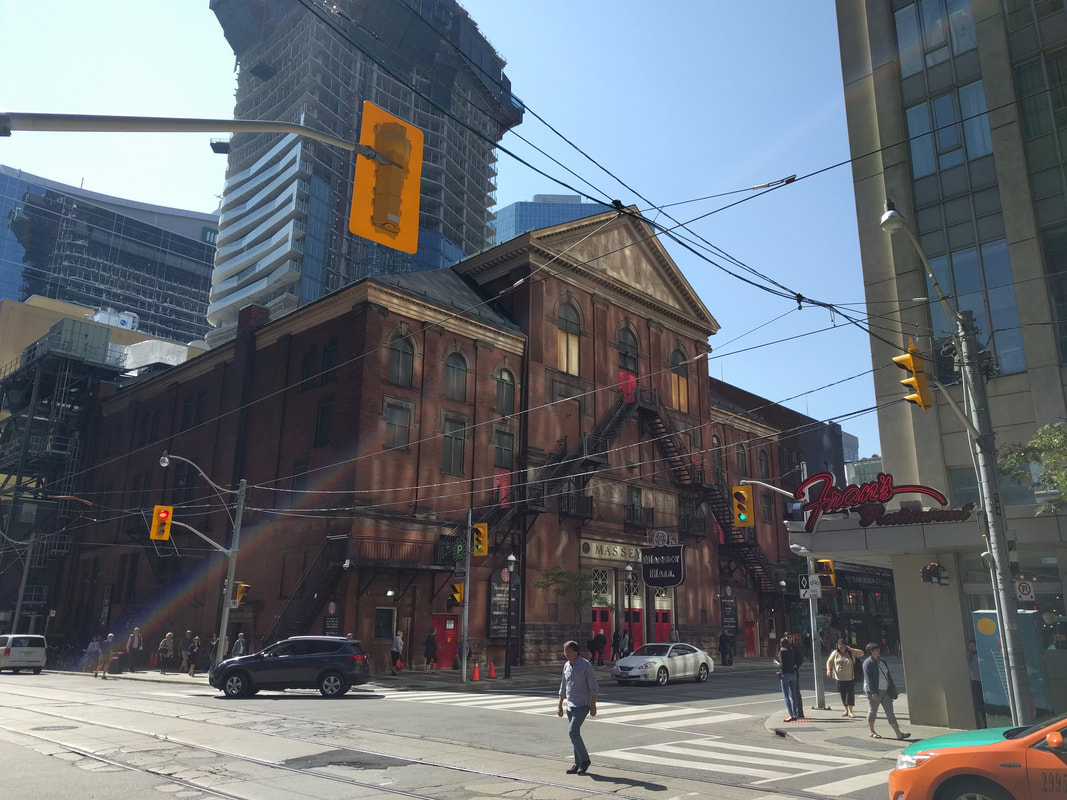


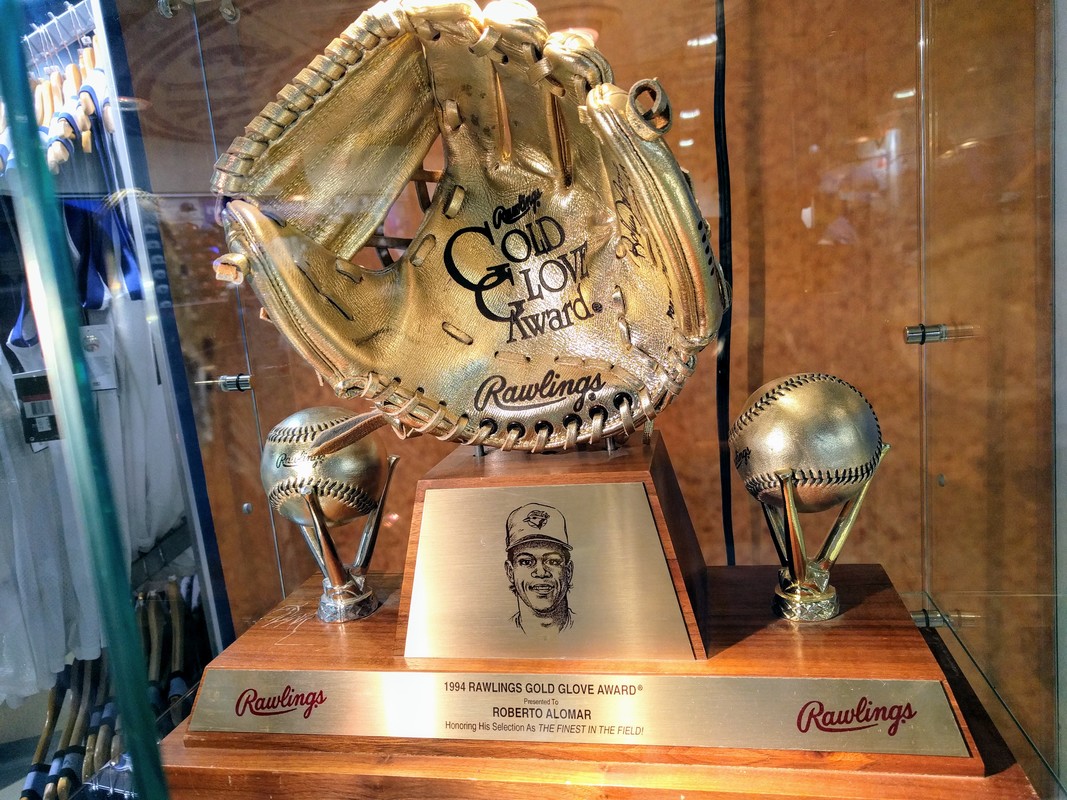
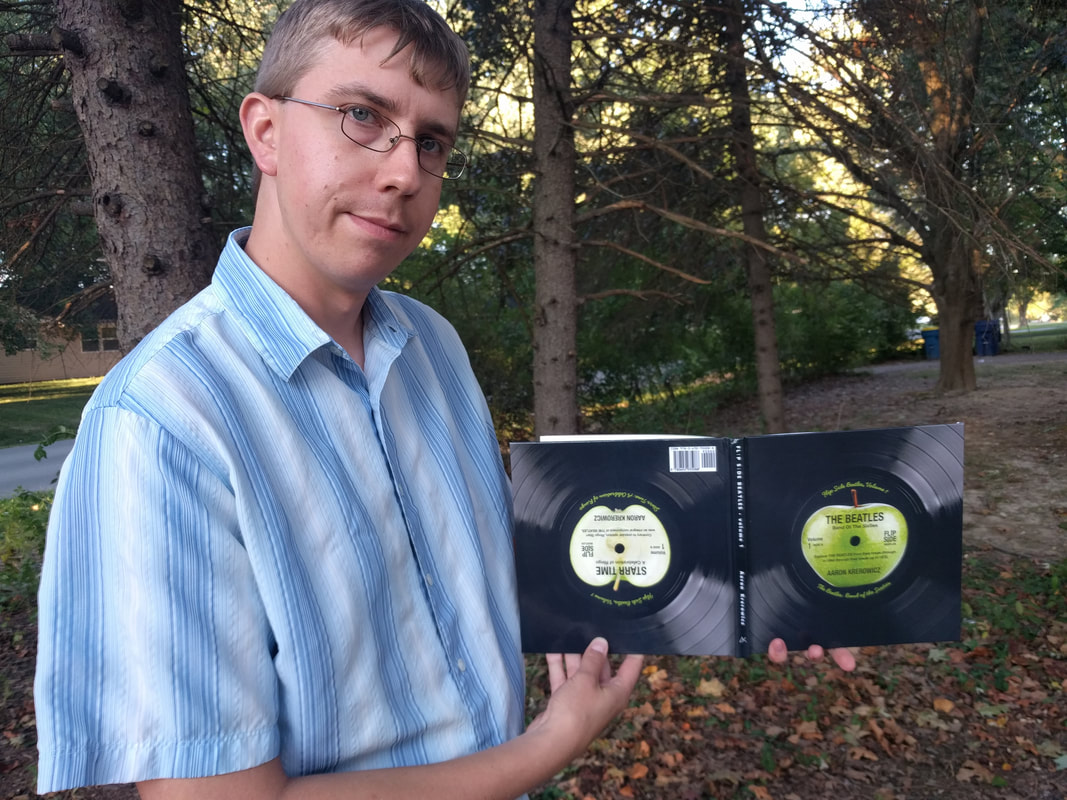
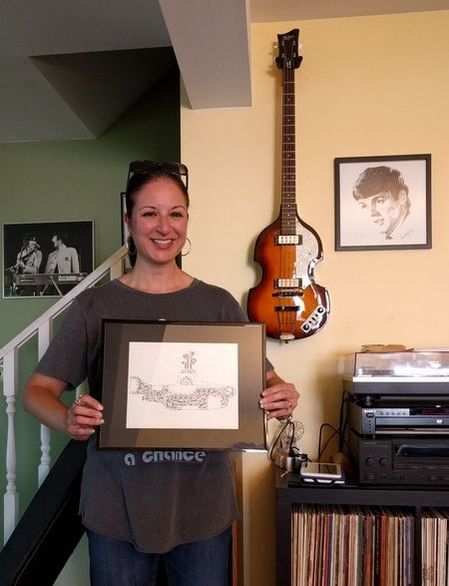
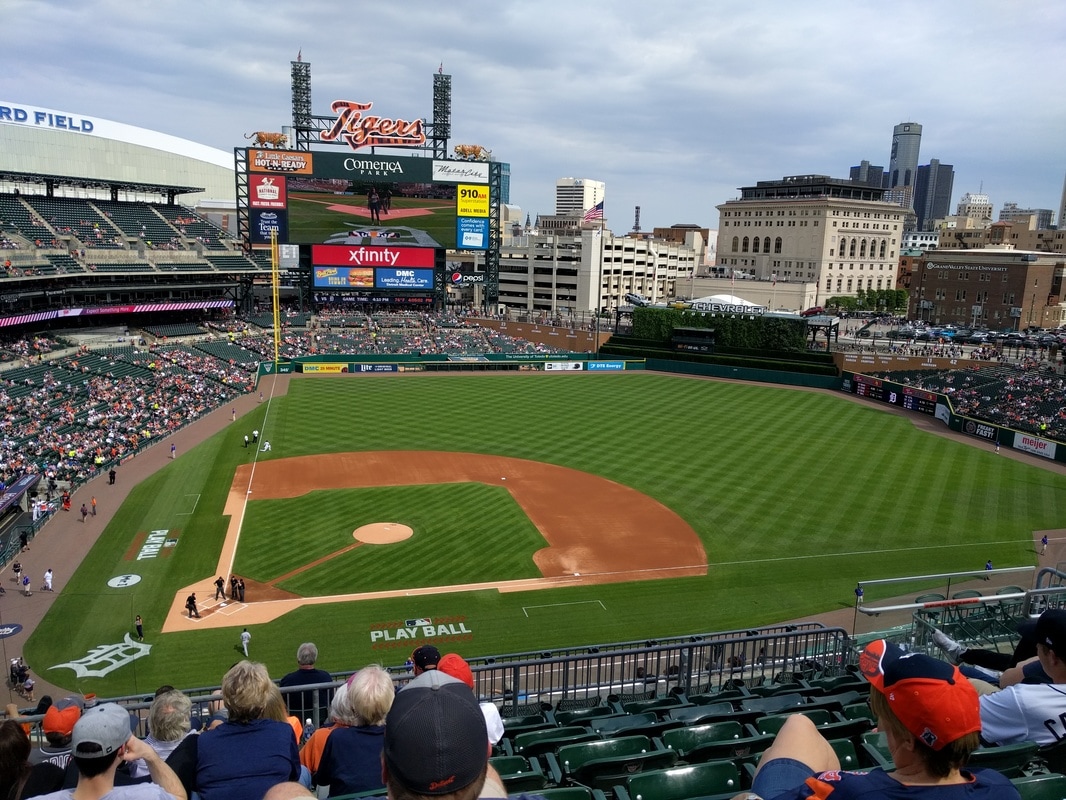
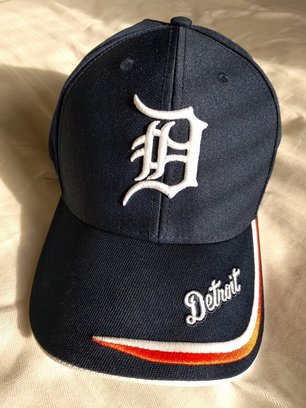
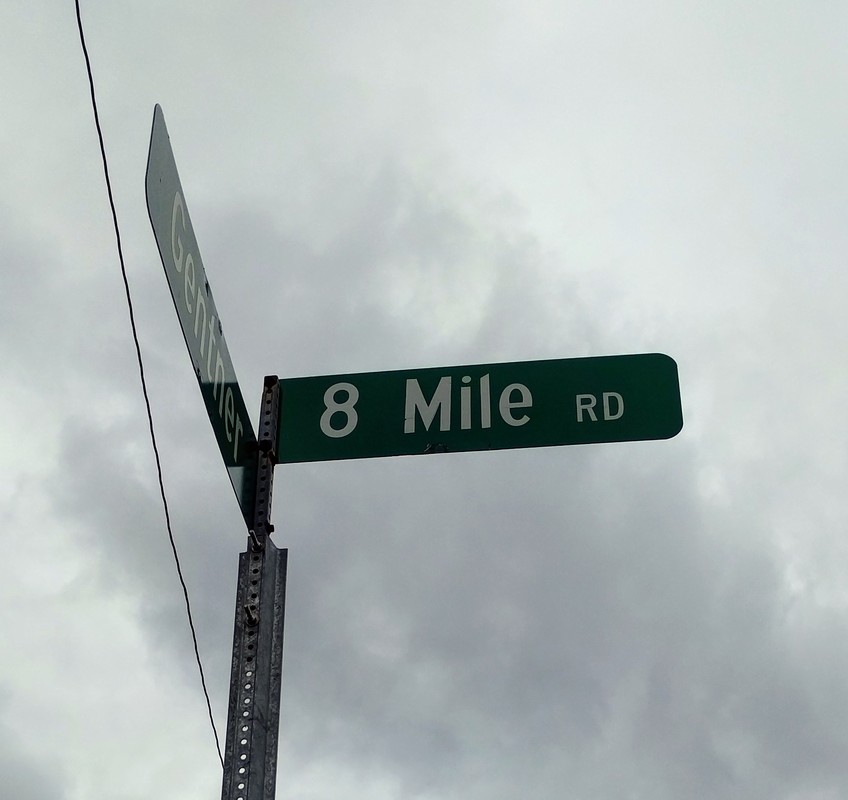
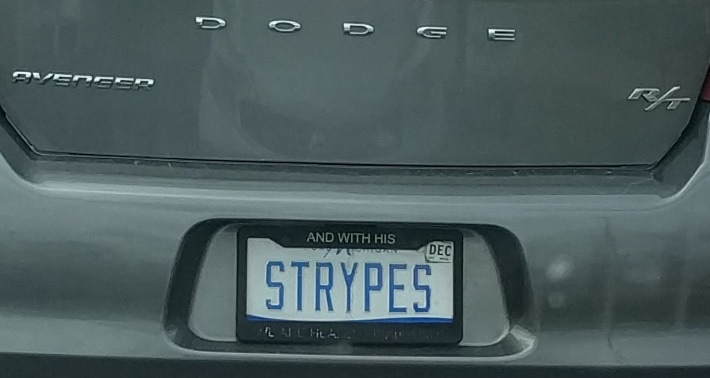
 RSS Feed
RSS Feed
